The demand for ventilators continues to surge as the coronavirus spreads at a rapid pace across the world. In the most severe cases, the coronavirus damages healthy tissue in the lungs, making it hard for patients to deliver oxygen to the blood. The Society of Critical Care Medicine estimated 960,000 coronavirus-patients in the U.S. will need to be put on a ventilator. They estimate that the U.S. only has 200,000 ventilators readily available. Half of those ventilators may be older models that would not be recommended for critical patients to use. Ventilator manufacturers are now racing to produce enough ventilators at a time when countries across the world need ventilators most.
Automakers and Ventilator Manufacturers Partner Together
Across the world, there is a global backorder of critical care ventilators capable of supporting patients fighting the coronavirus. The urgent need for ventilators has sparked a unique partnership between Ford and GE Healthcare, a manufacturer of medical equipment. Other automakers have also committed to helping manufacture ventilators on a large scale. General Motors is working with Ventec, another ventilator manufacturer, to increase Ventec’s production of its critical care ventilators.
Ford plans to produce 50,000 ventilators for coronavirus patients within the next 100 days. They will continue to produce 30,000 ventilators per month after July. Ford will staff three shifts of workers at its Ypsilanti, Michigan plant, making 7,200 ventilators per week. With GM’s large manufacturing capacity, they will produce more than 10,000 ventilators per month at their Kokomo, Indiana facility. From there, GM can determine the Federal Government’s needs to scale infrastructure and capability further.
Keeping Up With the Demand for Ventilators
The partnerships between automakers and ventilator manufacturers will provide a sigh of relief to medical equipment companies. US-Med-Equip, a major medical equipment company, is having a hard time keeping up with hospitals’ demand for ventilators. US-Med-Equip reported U.S. hospitals have leased 60% more ventilators over the past few weeks than any other time last year.
US-Med Equip is currently leasing 6,500 ventilators to hospitals and plans to receive an additional 1,200 ventilators to lease. They are trying to prioritize where the hot spots are to ensure medical staff receives the equipment they need. Other medical equipment companies are also working hard to keep up with demand and provide patient-ready equipment for hospitals.
Benefits of Leasing Medical Equipment
Leasing medical equipment is a cost-effective avenue for hospitals looking for the latest technology at a fraction of the price. Hospitals are aware that technology continues to evolve and change. They understand to provide the best patient care they need to have the latest equipment to do so. Most hospitals see leasing medical equipment as a way to save time in making significant financial decisions. It also improves their access to medical equipment they normally would not purchase.
In the past, hospitals would purchase equipment and invest in equipment that matched project and facility needs. As medical equipment continues to become more sophisticated, it becomes harder for health care providers to keep up with the latest technology. If facility direction changes during the year, then hospitals are left with pricey equipment that no longer fits their needs. Hospitals have started seeing the benefits of leasing out the latest technology of medical equipment. The flexibility of leasing allows hospitals to have medical equipment that continually aligns with their direction and ability to improve patient care.
A huge component that helps medical equipment companies keep up with the demand for ventilators is making sure they have the right technology partner. Built on a cloud-based ecosystem, LTi’s ASPIRE platform gives medical equipment companies the flexibility to streamline their business operations into one system. By leveraging the latest technology such as ASPIRE, medical equipment companies can provide exceptional customer service and quick turnaround times to hospitals during this time.
Saving Lives
The leasing model that medical equipment companies provide comes at a necessity when many hospitals are looking for tens of thousands of ventilators. Hospitals are in a crunch to make huge considerable investments in ventilators to prevent further severe cases of the coronavirus. The price of leasing large quantities of ventilators will allow hospitals to pay for just the amount of time the ventilators will be used. Instead of purchasing one ventilator that could cost anywhere from $15,000 to $25,000, hospitals can rent the ventilators for $500 to $1,000 per month. The stark contrast in leasing versus purchasing ventilators will play a huge role in hospitals’ decision-making when acquiring new ventilators.
As this is an unprecedented time across the world, we are seeing companies come together. We see automakers and ventilator manufacturers working tirelessly to produce this life-saving equipment. With demand for ventilators rising, we see medical equipment companies working around the clock to lease out the latest ventilators. With companies playing their role in helping the world recover from the coronavirus, we can start to see the positivity and light shine through.

